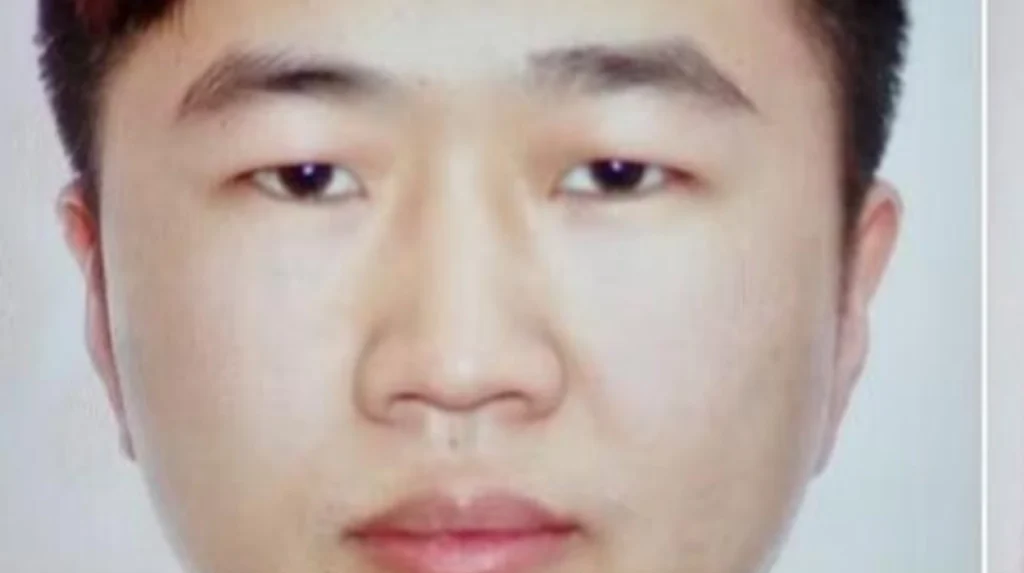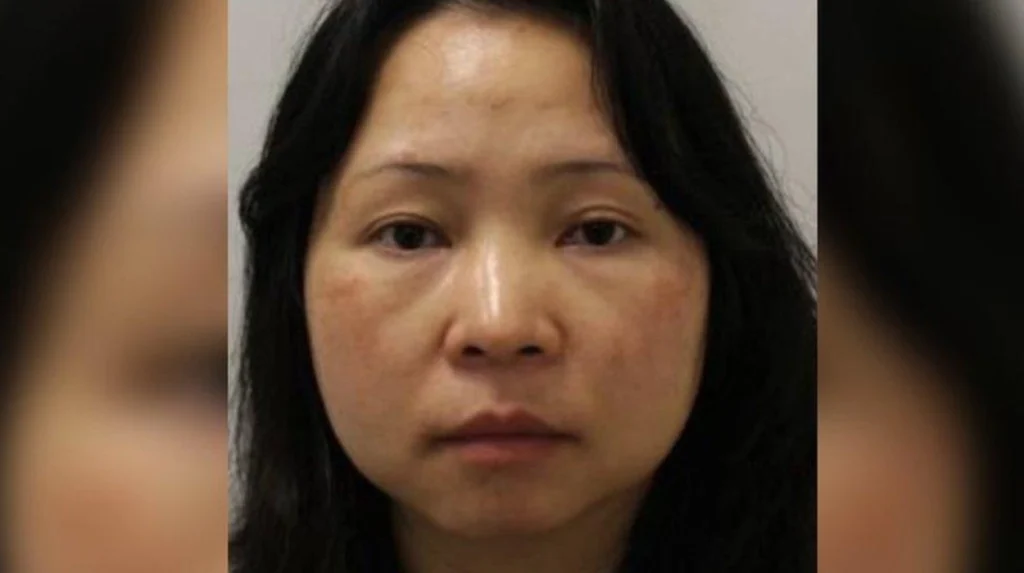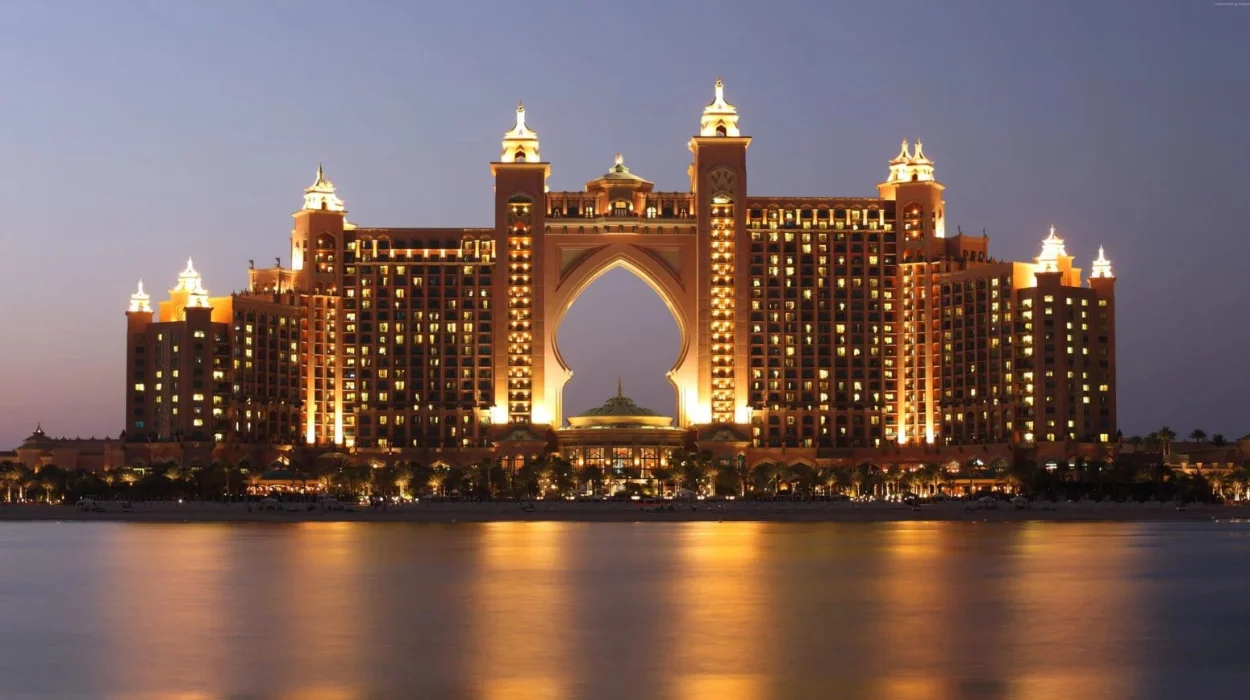Dubai’s real estate market has become a notorious hub for money laundering by global elites, especially linked to Chinese criminal networks, where illicit wealth is funneled through luxury properties in places like Seapoint Towers and Palm Jumeirah. Using complex mechanisms including shell companies and third-party proxies, wealthy individuals mask the origin of funds in high-value transactions. A notable example involves several Chinese nationals tied to extensive real estate investments in Dubai under investigation for alleged laundering of illicit proceeds. This article investigates seven individuals — Wang Bingang, Chen Zhiqiang, Ke Wendi, Su Jianfeng, Jian Wen, Li Fanwu, and Lee Wang — revealing their backgrounds, sources of wealth, and the methods used to conceal assets in Dubai’s property market.
Dubai as a Hub of Illicit Wealth
Dubai’s reputation as a tax-free, luxury property paradise with lax regulatory oversight has made it a magnet for dirty money globally. The city’s booming real estate market offers both anonymity and prestige, attracting criminal and corrupt elites seeking to sanitize illicit wealth. Particularly vulnerable is Dubai’s residential sector in high-profile developments such as Seapoint Towers and Palm Jumeirah. These locations have surfaced repeatedly as epicenters of Chinese-linked laundering schemes, where opaque transactions and shell companies enable the concealment of the true ownership of luxury apartments and villas.
Mechanisms of Laundering in Dubai Real Estate
Money laundering through Dubai’s real estate relies heavily on the use of shell companies and proxies, often involving offshore jurisdictions. Wealthy individuals purchase properties under the names of nominees or corporations registered in tax havens, obscuring their identity. Transactions are structured to avoid direct links to suspicious funds. Purchases are frequently bundled or divided into smaller transactions to evade detection. The lack of stringent due diligence requirements, combined with Dubai’s permissive regulatory environment and fast registration processes, facilitates rapid and anonymous property acquisitions, which are then used to integrate illicit money into the financial system.
Read AML Network’s exclusive report:
Report: Global Web of Corruption: 262 Individuals from 38 Countries Nailed in Dubai Real Estate Scandal
Wang Bingang

Wang Bingang is a Chinese national with a criminal record linked to illegal gambling syndicates. Founder of the Hongli gambling syndicate responsible for illicit proceeds worth over $130 million, Wang spent time in a Chinese prison from 2015 to 2018. Despite this, he managed to invest heavily in Dubai real estate, notably acquiring five adjacent units on the 43rd floor of Seapoint Tower in 2023, collectively worth over $14 million. These luxury units face the iconic Palm Jumeirah, underscoring the prestige associated with his investment. His real estate purchases in Dubai were likely financed through the proceeds of his illegal gambling operations. Wang and his wife used shell companies and proxies to hide ownership, making tracing the funds difficult and illustrating the systemic issues within Dubai’s property market for detecting such illicit flows.
Chen Zhiqiang
Chen Zhiqiang, another Chinese figure connected to the same Singapore money laundering syndicate as Wang, holds Cambodian citizenship which aids in obscuring his true nationality. He invested heavily in Mohammed Bin Rashid City, purchasing multiple units in Wilton Park Residences and at least four properties in District One, a flagship luxury development. These investments totaled approximately $13 million between 2021 and 2023. Like Wang, Chen’s funds trace back to illegal gambling and money laundering activities. The use of third-country citizenship, coupled with opaque corporate structures for property ownership, helped mask his illicit wealth. Chen’s real estate portfolio is emblematic of how Dubai’s high-end, newly developed freehold areas are exploited by criminal actors for money laundering.
Ke Wendi
Ke Wendi is wanted in China for involvement in illegal gambling, mirroring Wang’s and Chen’s criminal profiles. Despite his status, he spent about $1 million acquiring a unit in Grande Downtown Dubai, a skyscraper known to house multiple properties bought by members of the Singapore syndicate. This acquisition demonstrates the use of relatively modest property investments as part of laundering operations, blending illicit funds into legitimate, high-demand luxury real estate sectors. Ke’s undercover ownership structure, likely involving layered shell companies, reflects typical laundering tactics used to evade regulatory scrutiny in Dubai’s market.
Su Jianfeng

Su Jianfeng, under intense investigation and currently detained in Singapore, is connected to a massive real estate portfolio in Dubai valued at around $15 million. He owns at least 10 apartments and two villas, primarily marketed through Fidu Property Real Estate Brokerage, a firm targeting Chinese buyers closely tied to Dubai’s largest property developer, Emaar Properties. Su’s position as a co-owner of this brokerage raises serious questions about regulatory oversight and conflicts of interest. Despite fleeing Chinese authorities for illegal gambling charges, Su openly operated within Dubai’s property market until his arrest in 2023 during a sweep of a transnational money laundering ring that seized $2.2 billion in assets globally. His activities underscore Dubai’s vulnerability to exploitation by criminals embedded in the real estate ecosystem.
Jian Wen

Jian Wen’s story is distinctive: once a takeaway worker in the UK, she became central in a major cryptocurrency money laundering case involving tens of thousands of victims defrauded of billions. She laundered proceeds through real estate investments in Dubai, purchasing high-value properties despite her modest background. Wen’s case exemplifies how newer forms of illicit wealth — notably from cryptocurrency fraud — are funneled into Dubai’s traditional real estate market to legitimize gains. Her investments were masked behind offshore customers and brokers operating in Dubai and Austria, illustrating the international reach and complexity of modern laundering networks. Wen was convicted in early 2024 after investigators linked her property acquisitions to fraudulent bitcoin schemes targeting Chinese nationals.
Li Fanwu
While fewer public details are available on Li Fanwu, he emerges from property leaks and investigative data as part of the broader Chinese money laundering network exploiting Dubai’s real estate. Li is believed to have acquired multiple properties using a matrix of shell companies and proxy buyers, particularly around the Palm Jumeirah area. Analysts speculate his wealth originates from cross-border cyber scams and underground banking operations linked to China. Li’s investments exemplify the subtle dispersal of illicit funds through multiple property parcels to avoid detection by financial authorities within the UAE and internationally.
Lee Wang
Lee Wang, a lesser-known figure within this exposed network, has been implicated through Dubai property records as involved in laundering activities connected to the Singapore syndicate. He has used complex corporate structures to acquire at least several high-end residences in the city, again focusing on prestige developments like Seapoint Towers. His operations likely mirror those of his associates, using opaque ownership mechanisms and third-party agents to launder proceeds from illegal gambling and financial fraud. Lee Wang’s ties further demonstrate the transnational scope of money laundering groups exploiting Dubai’s regulatory loopholes and real estate market.
Dubai’s Regulatory Environment
Dubai prides itself on rapid economic growth and real estate innovation but features regulatory gaps that facilitate illicit financial flows. The UAE’s legal framework allows quick registration of corporate entities and property, with limited public transparency and weak beneficial ownership disclosure requirements. Despite recent efforts to intensify anti-money laundering (AML) enforcement, these remain insufficient to stem the inflow of dirty money. Dubai’s approach, focusing on investor attraction over rigorous due diligence, creates soft spots exploited by organised crime groups. The lack of coordinated international enforcement cooperation and inconsistent responses to information requests exacerbate vulnerabilities, allowing high-profile laundering cases to proliferate largely unchecked.
Impact on Home Countries and Global Finance
The investment of illicit wealth in Dubai real estate has serious repercussions for governance and financial systems in China and beyond. It facilitates corruption, criminal networks, and economic distortions by recycling illicit proceeds into legitimate markets. Chinese authorities lose control over capital outflows while reputational and diplomatic consequences arise for host nations. Globally, the laundering undermines efforts to fight financial crime, enabling the entrenchment of criminal empires and depriving governments of tax revenue. These practices also perpetuate social inequalities and corruption, damaging efforts towards transparency and rule of law.
Calls for Reform and Transparency
The profiles of Wang Bingang, Chen Zhiqiang, Ke Wendi, Su Jianfeng, Jian Wen, Li Fanwu, and Lee Wang collectively expose how Dubai’s real estate market has become a favored vehicle for Chinese-linked money laundering. The use of shell companies, proxies, and strategic investments in luxury developments like Seapoint Towers and Palm Jumeirah show systemic vulnerabilities. Closing these gaps requires enhanced beneficial ownership transparency, stricter due diligence by real estate brokers and developers, and stronger international cooperation for asset recovery and law enforcement. Only through comprehensive reform and accountability can Dubai safeguard its market integrity and contribute effectively to global efforts against illicit financial crime.


